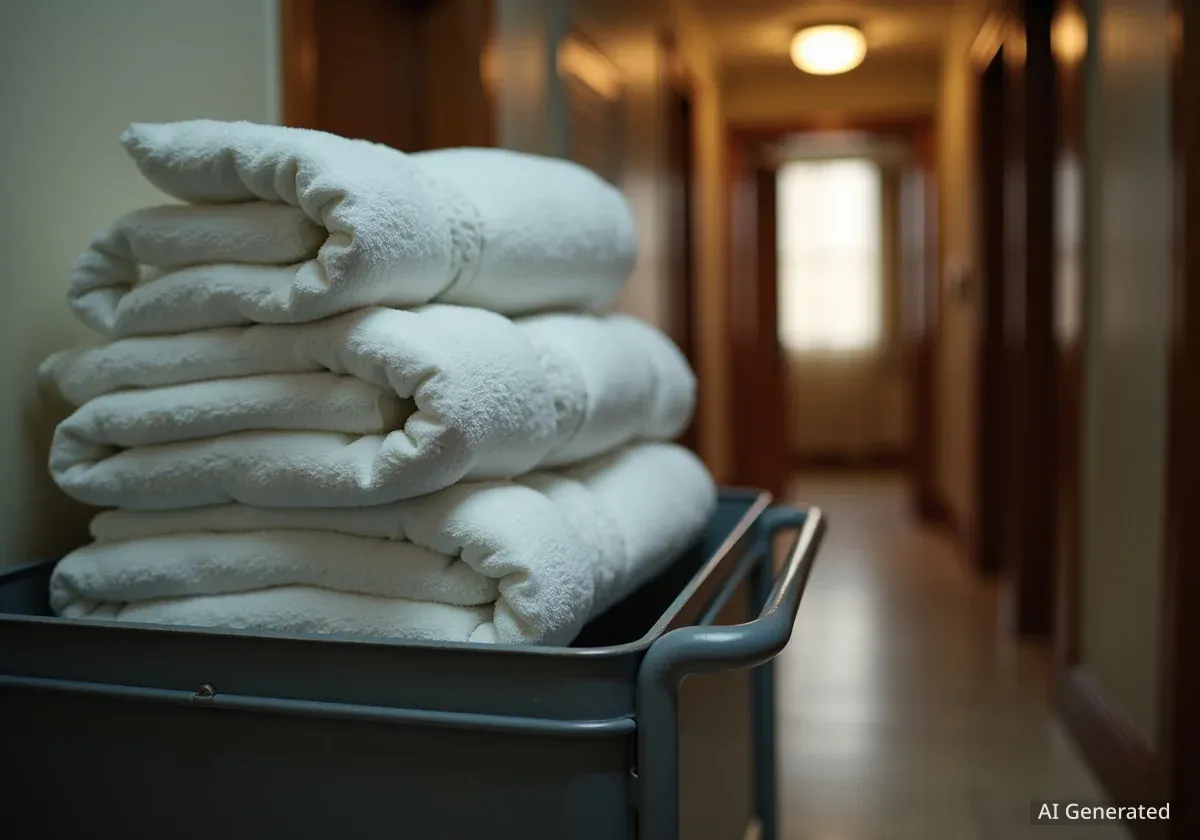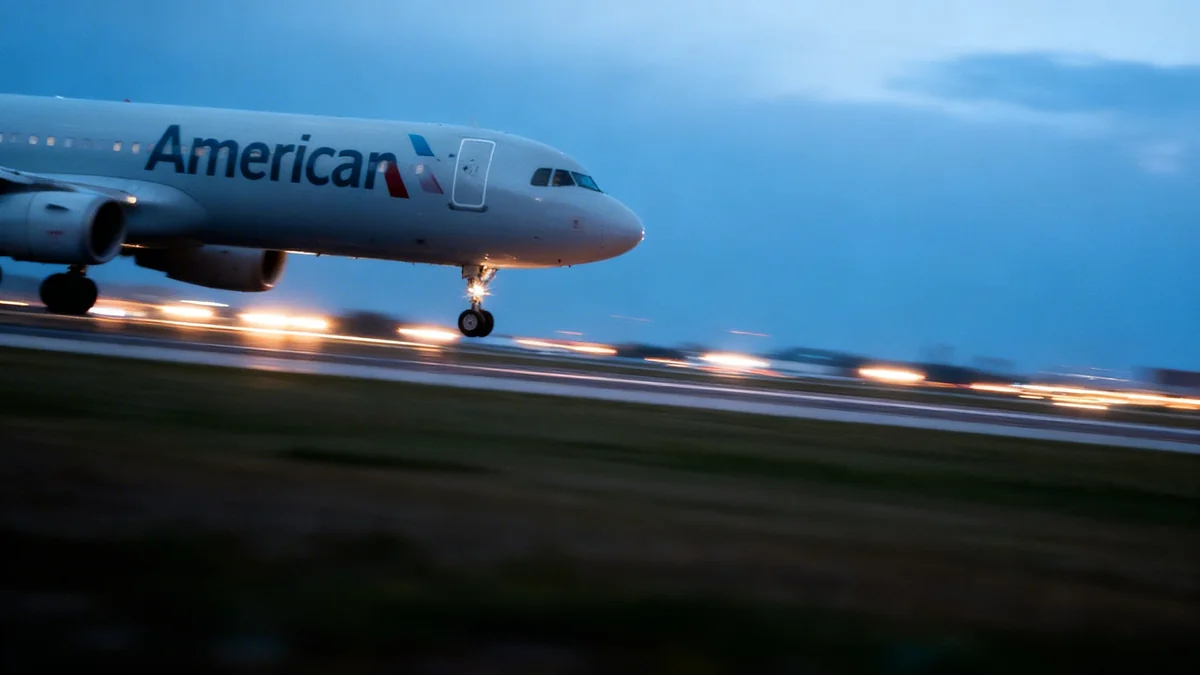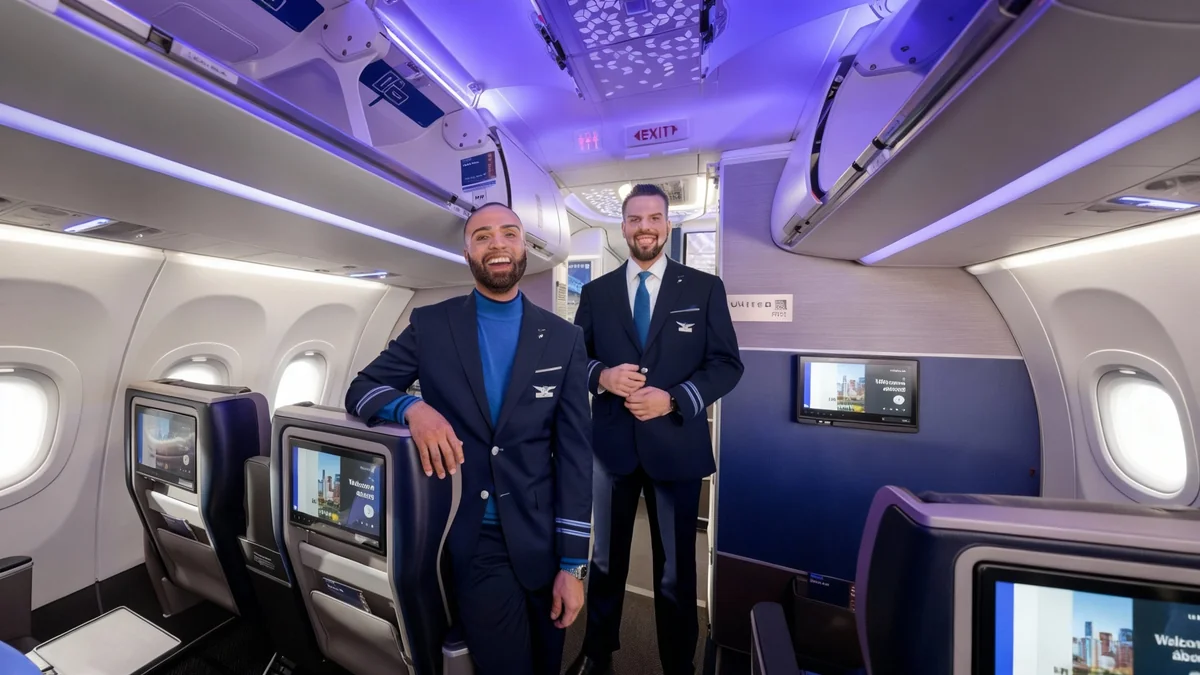United Airlines is reportedly encountering significant challenges in securing suitable hotel accommodations for its flight attendants during layovers. This issue has become a central point in ongoing contract negotiations between the airline and the Association of Flight Attendants-CWA (AFA-CWA), which represents over 25,000 United crew members. The union highlights a growing reluctance among hotels to accept airline contracts, complicating efforts to provide crew with quality lodging in desirable locations.
Key Takeaways
- United Airlines struggles to find layover hotels for flight attendants.
- Hotels increasingly avoid airline contracts due to operational complexities.
- Contract negotiations with AFA-CWA are impacted by hotel quality and location.
- Crew members are often relocated to less central or desirable areas.
- Future hotel choices may improve with a new contract agreement.
Hotels Reluctant to Host Airline Crews
Airlines are finding it harder to secure hotel partnerships for their crews. Hotels often view airline contracts as more trouble than they are worth, despite offering guaranteed room occupancy. The AFA-CWA has informed its members that many hotels no longer want crew business. This shift is affecting the quality and location of accommodations available to flight attendants.
In the past, major airlines often prided themselves on housing their crews in four or five-star hotels in prime locations. This was a significant perk of the job. However, recent years have seen a change in this practice. The focus has shifted towards cost-effectiveness, with price becoming a primary factor in hotel selection for airlines.
Hotel Contract Challenges
- Unpredictable Schedules: Crew arrival and departure times often deviate from standard hotel check-in/check-out policies.
- 24-Hour Stays: Flight attendants frequently require rooms for full 24-hour periods, disrupting typical hotel room turnover.
- Specific Room Requirements: Airline contracts often include clauses about room locations, avoiding areas near elevators or ice machines, which complicates room assignments for hotels.
Impact on Flight Attendant Layovers
The AFA-CWA points out that these contractual requirements make flight attendants more complex guests than the average tourist. Hotels, facing strong demand from regular guests, can sell fewer rooms at higher prices. This reduces their incentive to take on the operational headaches associated with airline contracts.
United Airlines has been utilizing a clause in the current flight attendant contract. This clause allows the airline to find hotels in 'downtown locations' or 'downtown-like locations' for layovers. This flexibility has become essential as suitable central hotels become scarcer.
"Many hotels simply don’t want crew business anymore," the AFA-CWA stated, highlighting the growing difficulty in securing desirable accommodations for flight attendants.
Relocations to Less Desirable Areas
This situation has led to flight attendants being accommodated in areas that are not always convenient or central. For example, in London, crews have been sent to a town 24 miles southwest of Central London. Similar moves have occurred in other major cities, including Amsterdam, Rome, and New York City, where crews have been moved out of downtown hotels.
Negotiation Point
The quality and location of crew hotels have become a contentious issue in the ongoing contract negotiations between United Airlines and the AFA-CWA. Crew members are actively campaigning for better quality accommodation closer to main attractions, viewing it as a critical part of their working conditions.
Future Outlook for Crew Accommodations
There is a potential for improvement if a new flight attendant contract is finalized. A tentative agreement reached earlier this year includes provisions that could positively impact hotel choices. Specifically, the clause allowing 'downtown-like locations' for longer layovers is expected to be removed. Additionally, wording related to 'business class' hotels has been revised, which could lead to better options.
However, the timeline for reaching a final agreement remains uncertain. Bargaining sessions are scheduled through to Spring 2026, indicating that talks could continue for an extended period. The absence of a federal mediator, should a government shutdown occur, could further delay progress.
Key Contractual Changes Anticipated
- Removal of the 'downtown-like locations' clause for longer layovers.
- Revised language regarding 'business class' hotels, potentially allowing for broader, improved selection criteria.
The Economic Factor in Hotel Selection
The AFA-CWA notes that price has become an increasingly important factor in hotel selection for United Airlines. As long as a chosen hotel meets minimum contractual obligations, the union has limited ability to reject the airline's choice. This emphasis on cost often means sacrificing prime locations or higher-end facilities.
The airline industry's operational demands, combined with the current strength of the hospitality market, create a challenging environment for securing crew accommodations. Flight attendants often face constant changes in their layover hotels, which can be disruptive, especially for those who prefer consistency in a given city.
The negotiation process aims to balance the airline's need for cost efficiency with the flight attendants' demand for comfortable and convenient lodging. The outcome of these discussions will significantly shape the future travel experience for United Airlines crew members.





